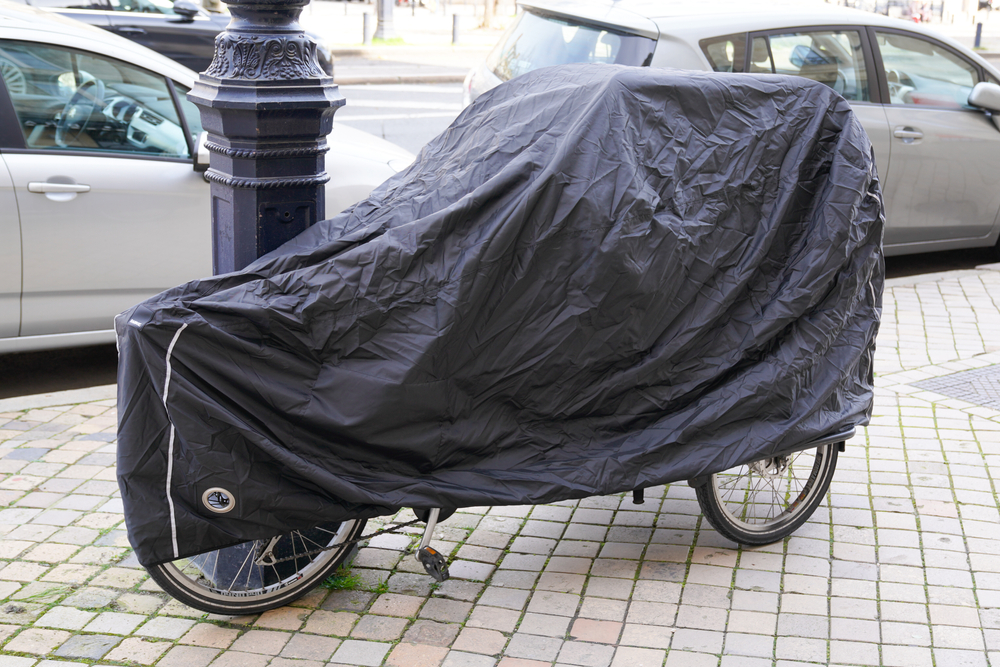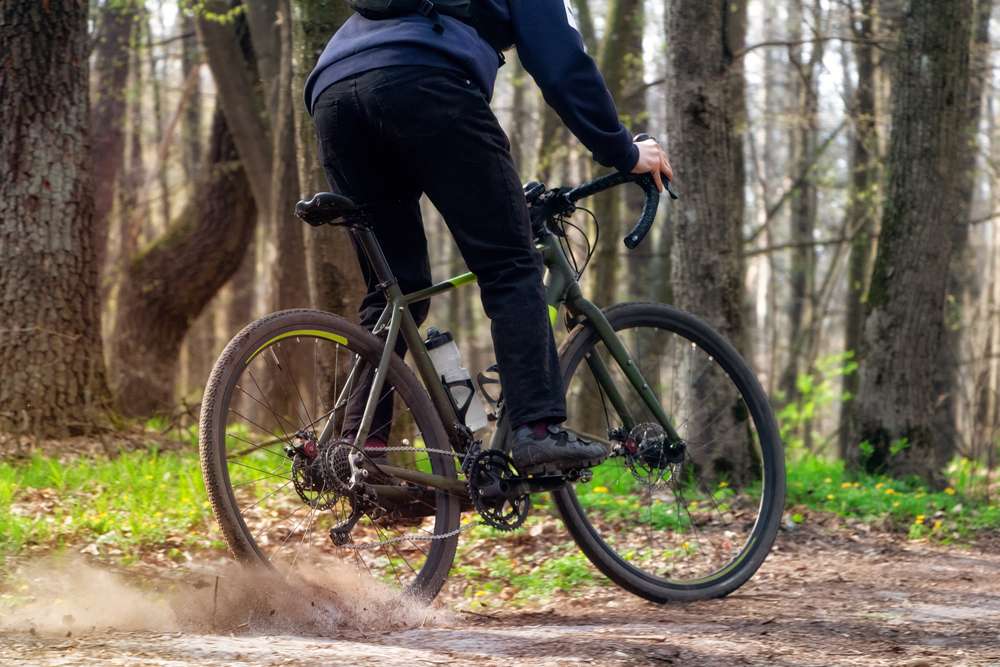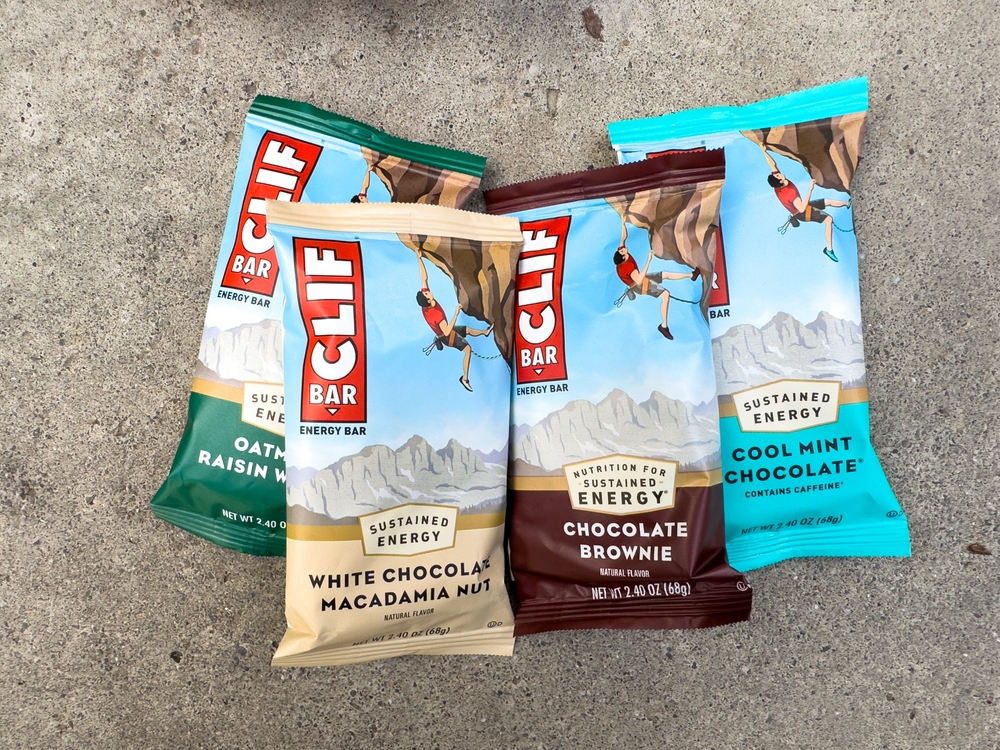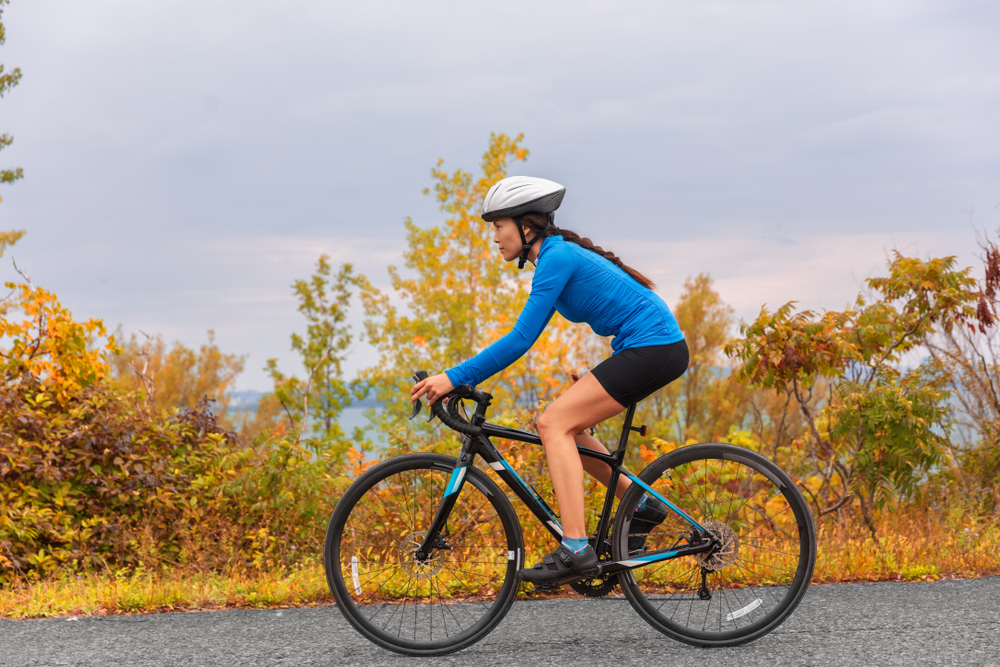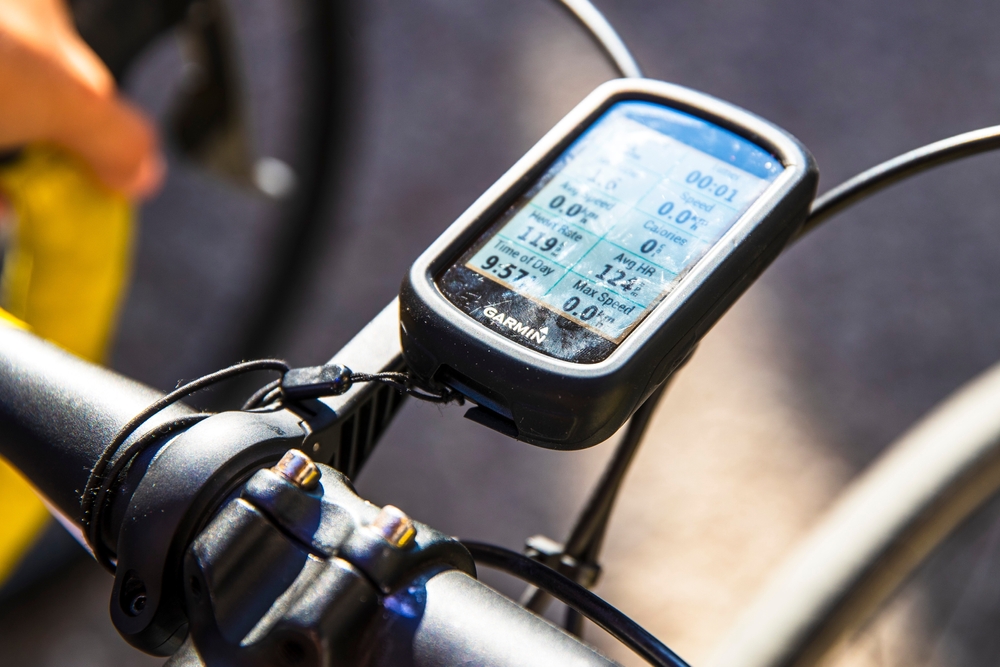MTB Body Armour: A Comprehensive Guide
MTB Body Armour: A Comprehensive Guide
Mountain biking pushes your physical limits and skills. With increasing trail difficulty, the risk of injury also rises. MTB body armour helps manage these risks by offering protection to vital areas.
Importance of MTB Body Armour
When mountain biking, encountering rocks, roots, and uneven trails is common. Crashes can’t always be avoided. Even the best riders fall. Body armour helps mitigate the impact of falls and collisions.
Types of MTB Body Armour
Full Body Armour
This offers the highest level of protection. It covers the chest, back, shoulders, and elbows. Typically used by downhill riders. Full body armour is often heavier and bulkier.
Chest and Back Protectors
These provide essential protection for vital organs. Chest protectors shield the ribs and lungs. Back protectors guard the spine. Ideal for riders tackling technical terrains.
Arm and Elbow Guards
These protect the forearms and elbows. They help prevent cuts and bruises from falls. They are lighter and offer more mobility than full body armour.
Knee and Shin Guards
Knee injuries are common in mountain biking. Guards provide cushioning and protection. Some extend to cover the shin. Especially useful in downhill and enduro biking.
Padded Shorts
Padded shorts provide cushioning for the hips and thighs. They help absorb impact from falls. Common among cross-country and trail riders.
Materials Used in MTB Body Armour
Most body armour uses high-density foam, plastic, or silicone. High-density foam absorbs impact energy. Plastic and silicone offer a hard protective shell. These materials balance protection and comfort.
Choosing the Right Size
Proper fit is crucial for effective protection. Armour that is too loose won’t protect adequately. Armour that is too tight can restrict movement. Consult sizing charts and measure accurately.
Comfort and Mobility
Comfort influences how often you wear your armour. Look for adjustable straps and breathable materials. Ensure mobility is not overly compromised.
Ventilation
Ventilation keeps you cool during long rides. Look for armour with mesh panels or vents. Proper ventilation helps prevent overheating and discomfort.
Weight
Heavier armour provides more protection but can be cumbersome. Evaluate the type of riding you do. Choose armour that balances weight and protection for your needs.
Certification and Standards
Look for armour that meets safety standards. CE certification is common in Europe. It indicates the armour meets European safety standards. Consider certified products for assured protection.
Maintenance of MTB Body Armour
Cleaning
Regular cleaning ensures longevity. Use mild soap and water. Avoid harsh chemicals that can degrade materials. Allow to air dry completely before storage.
Inspection
Inspect for damage before each ride. Look for cracks or worn areas. Replace damaged armour immediately. Compromised armour provides less protection.
Storage
Store in a cool, dry place. Avoid direct sunlight which can weaken materials. Proper storage maintains the integrity of your armour.
Popular Brands
- Fox Racing
- Leatt
- POC
- G-Form
- Alpinestars
Integrating Armour into Your Gear
Layering is key. Wear armour underneath or over your jersey. Ensure it doesn’t interfere with your helmet or hydration pack. Adjust and secure all straps and fastenings.
Cost Considerations
Prices vary based on the level of protection and brand. Full body armour is more expensive. Consider your budget and the protection level you need.
Personal Preferences
Try different styles and brands before deciding. Personal comfort and preference play a big role. Test the armour in riding positions to ensure it fits well.
Environmental Impact
Some brands use sustainable materials. Look for eco-friendly options if this is important to you. Sustainable choices don’t compromise on protection.
Rider Reviews and Feedback
Read reviews and ask for feedback from other riders. Real-world use insights are valuable. Reviews can guide you towards the best choices.
Technology and Innovation
Technological advancements improve armour every year. Look for features like D3O material. It’s flexible during normal use but hardens on impact. Innovations offer better protection and comfort.
Custom Fit Options
Some brands offer custom fit options. Customized armour provides optimal protection. It can be more expensive but worth it for serious riders.
Trial and Error
It might take some time to find the perfect gear. Trial and error are part of the process. Ensure your gear supports your riding style and comfort needs.
Future Developments
Expect continuous improvements in materials and design. Future armour will likely be lighter and more protective. Stay updated with new products and reviews.

